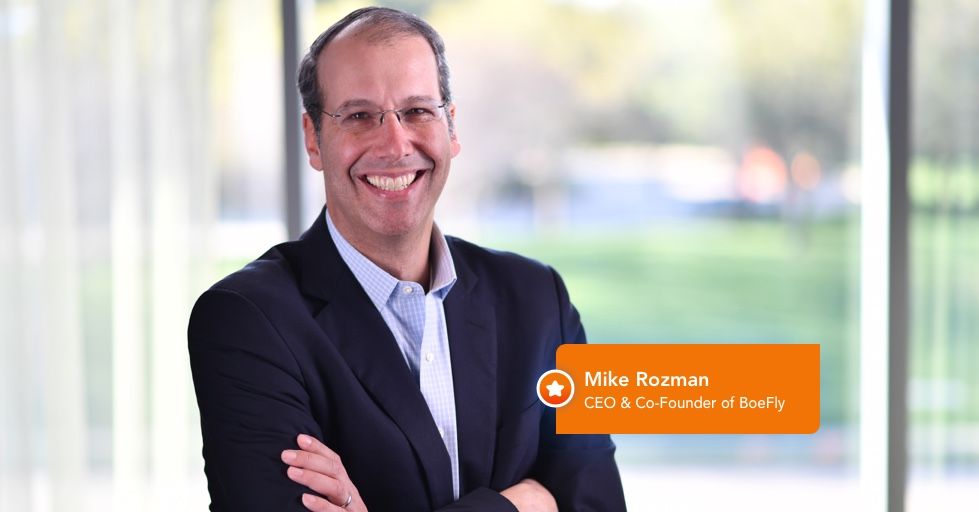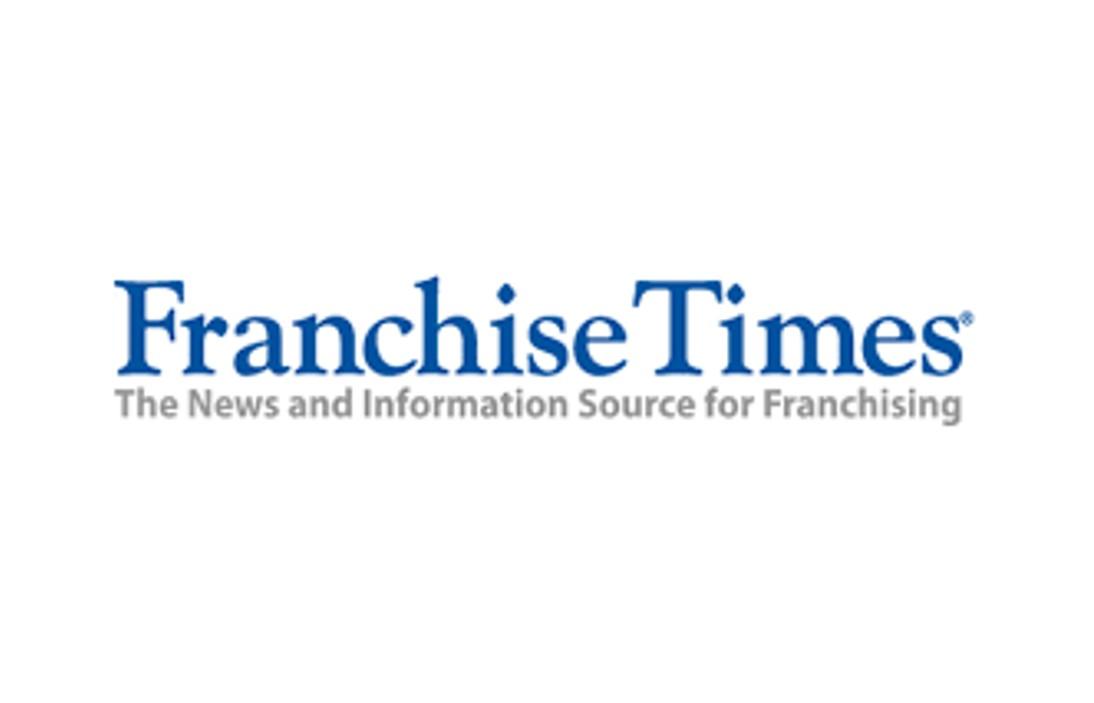Launching your first franchise is a lot like buying a house — a big, exciting purchase that comes with lots of details and questions. If you’re getting lost in the financial lingo of franchise lenders, don’t worry. You don’t need to be an expert in finance to be successful. With a working knowledge and the right financial partners, you can be confident you’re making the right decisions.
Mike Rozman, CEO & Co-Founder of BoeFly, recently hosted a webinar explaining some of the key factors to consider when applying for a franchise loan. Along with a panel of financing experts, he helped answer some important questions.
According to Mike, a great place to start for first-time Franchise Owners is SBA loans. But before getting into it, you’ll want to know a few key terms that franchise lenders use.
Terms to Know Before You Apply for a Franchise Loan
- Equity injection is like a down payment. This refers to the funds that you contribute upfront.
- SBA stands for Small Business Administration. The SBA is a government agency that partners with banks to help businesses that would not otherwise qualify for loans.
- Repayment terms outline key aspects such as the interest rate and duration of the loan.
- Lender refers to the organization providing your loan and can be a bank, credit union, or other financial institution.
- Construction contingency refers to the money allotted for unexpected costs during construction.
- Collateral requirements refer to SBA rules which require lenders to secure the loan with collateral whenever it is available, including residential properties.
- Interest rate spread is the amount of interest charged above the base rate, typically the WSJ Prime Rate.
Small Business Loans for Franchises vs. Conventional Loans
You may have gotten the green light from your franchisor but still, need to figure out how to get a franchise loan. Much like a home seller, franchisors want to know you’ve got the liquid capital and net worth to support such a big purchase, but that doesn’t mean you’ll be paying for everything outright. While there are many ways to finance your franchise, two options you’ll often hear compared are SBA loans and conventional loans.
Brooke Ingram, Senior Director of Funding Services at BoeFly and panelist on their recent webinar, helps to shed light on the value of SBA loans for first-time Franchise Owners.
SBA Franchise Financing
If you’re a first-time Franchise Owner, you will most likely apply for an SBA loan, says Brooke. Conventional lenders like to see a track record, whereas the SBA aims to help new businesses get started, so the terms of this loan are much more lenient, she explains.
The loan doesn’t come from the SBA itself; rather the SBA takes on a portion of the loan risk from the bank. In other words, if you default on your loan, the SBA will pay the bank between 50% and 90% of the loan amount. This guarantee allows the lender to give you a loan even though you don’t have the financial history of an established business. Like any loan, you’ll need to pay back the amount with interest — though it’s often at a lower rate with no payments for a period of time.
The SBA partners with many lenders in every state. However, not every lender is the same. Brooke explains that each may have its own requirements, saying, “Every bank has a different credit box, so what works for one bank might not work for another.”
So, while you may meet the SBA’s requirements, you may not match up with every lender. For this reason, many Franchise Owners choose to partner with a company like BoeFly that helps business owners take into account all the factors, including construction contingencies, collateral requirements, interest rate spread, and more. Brooke shares how she and her team personally help Franchise Owners understand and complete each step of the process.
“We’re happy to sit down on a phone call with you and go through the numbers and really make sure that you understand,” she says.
Conventional Franchise Financing
Once you’ve opened your first franchise, and are ready to expand, you may have the financial standing to qualify for a conventional loan. Unlike an SBA loan, the lender takes on 100% of the risk and therefore may require a higher equity injection from you, between 30% and 50%. On the positive side, whereas SBA loans often require owners to pledge residential real estate to meet collateral requirements, pledging homes is rare with conventional loans.
SBA Loan
- Great for first-time Franchise Owners
- Requires 10%–20% equity injection
- More time to pay back – typically 10 years or longer with real estate
Conventional Loan
- Great for multi-unit Franchise Owners
- Requires 30%–50% equity injection
- Less time to pay back — usually 7 years

Get Matched with the Right Franchise Lenders
Launching your first franchise or business is an investment in your future — potentially for generations to come. While it can be a daunting process, you’re not on your own. We have a team of experts to help you every step along the way.
If you’d like to hear more from the experts at BoeFly, take a look at the webinar, “Everything You Wanted To Know About Franchise Lending.”



